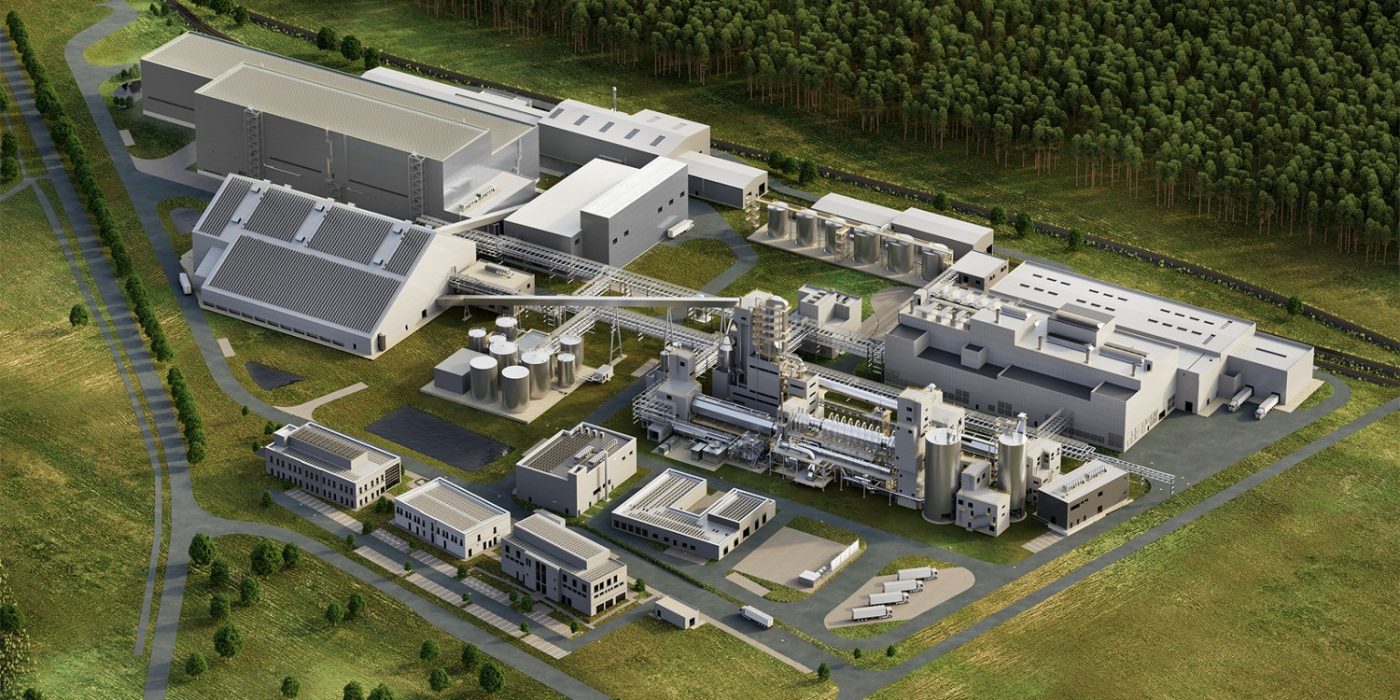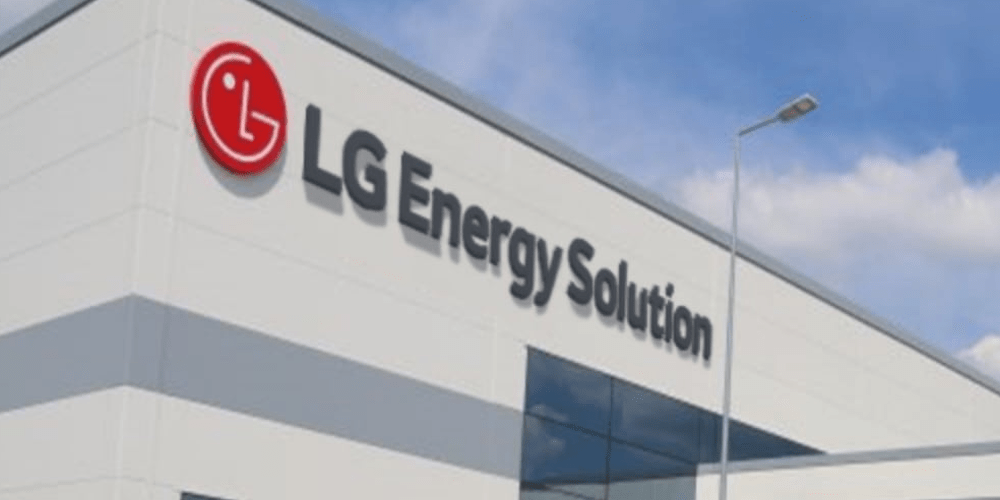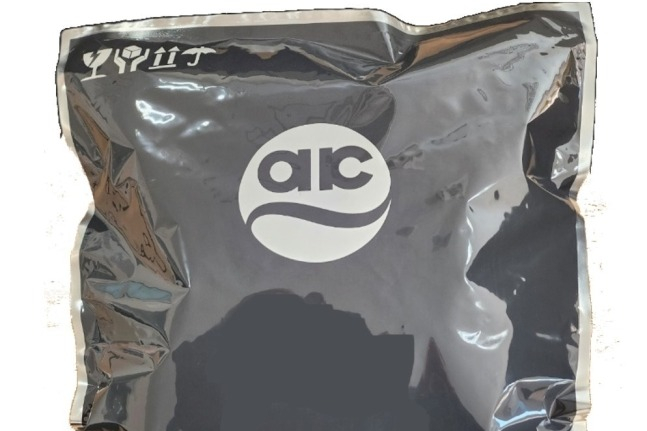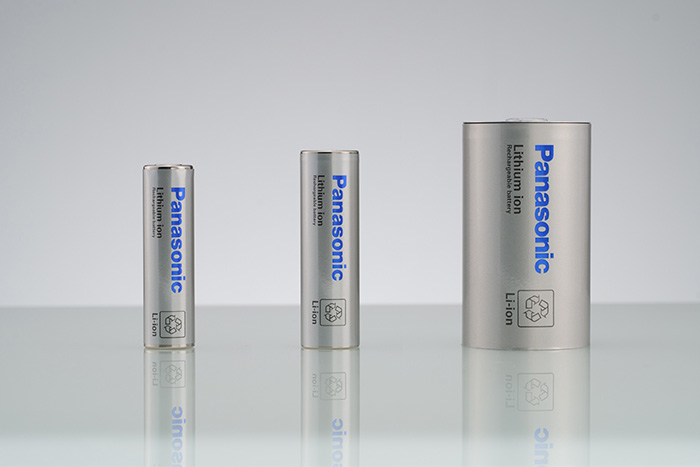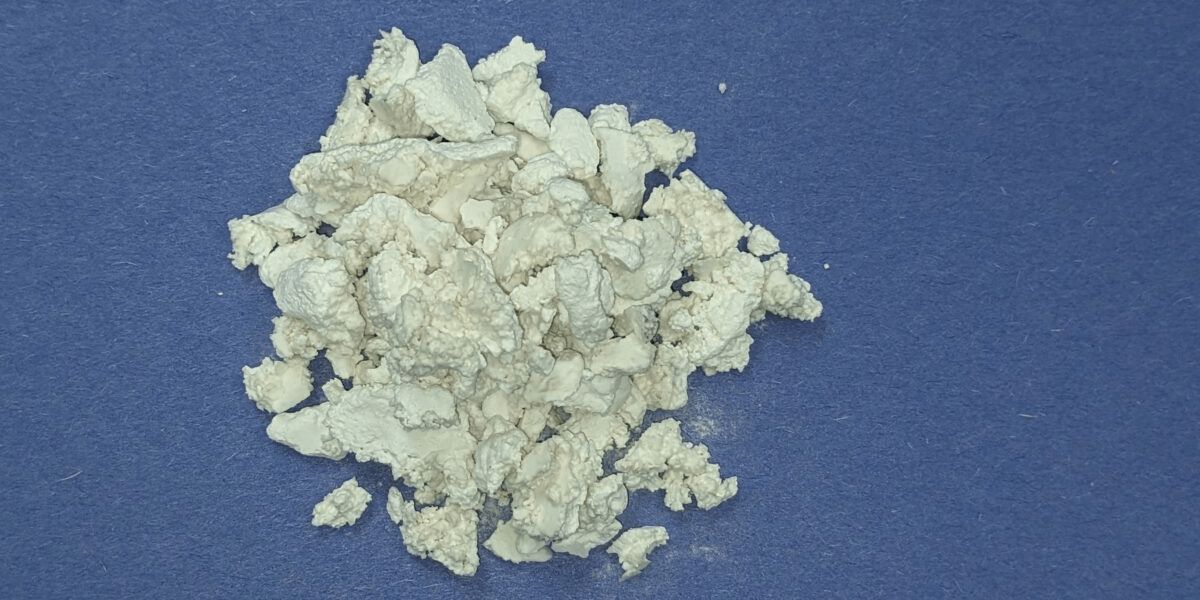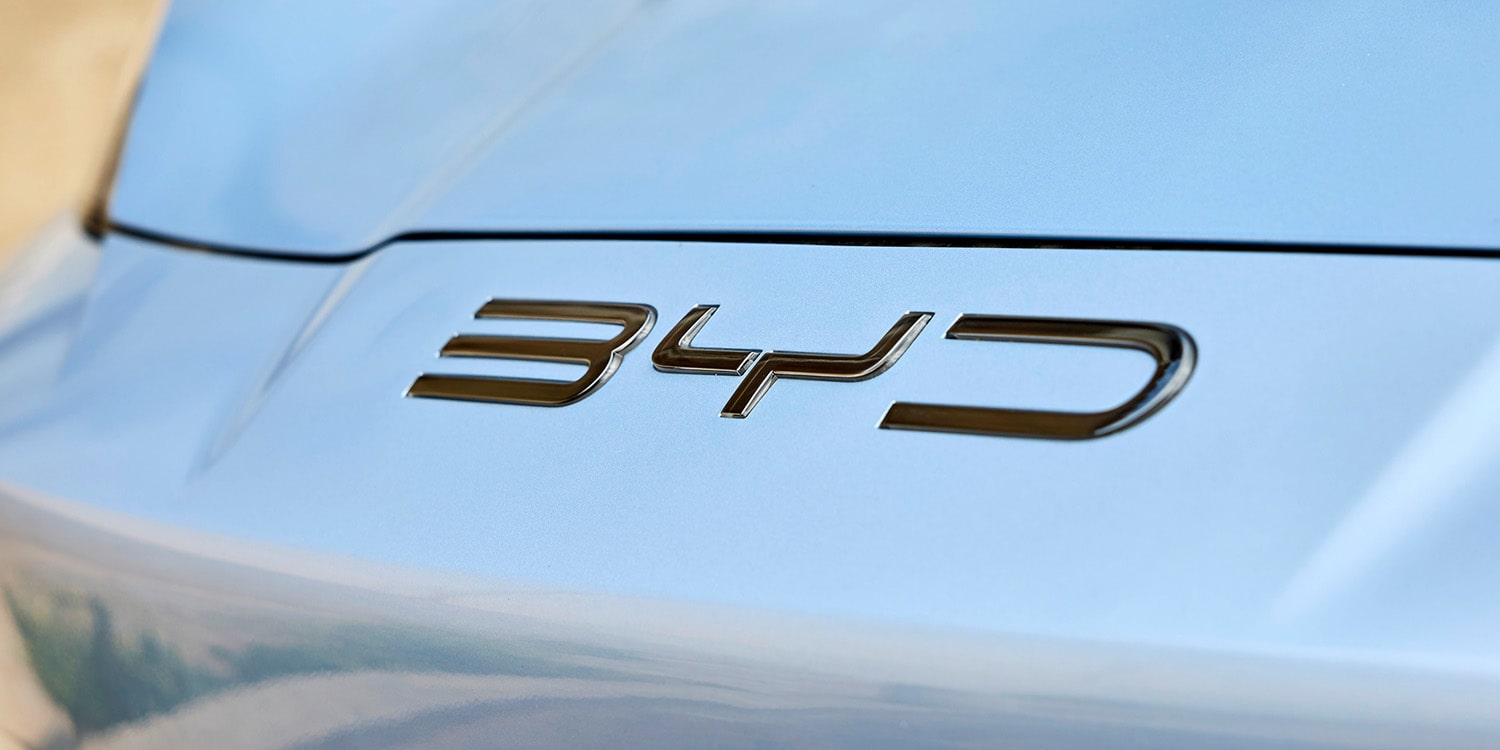Lithium producer Rock Tech Lithium’s hopes for federal funding to support its lithium converter project in Guben, Germany, have been dashed, according to a report from Handelsblatt. The company, a German-Canadian venture headquartered in Vancouver, is now turning to the state of Brandenburg for financial assistance.
CEO Dirk Harbecke revealed that Rock Tech received an unexpected rejection notice from the Federal Ministry of Economics on Monday. The company had been banking on funding from the ‘Resilience and Sustainability of the Battery Cell Production Ecosystem’ initiative, part of the ‘Temporary Crisis and Transition Framework’ by the EU Commission.
Rock Tech’s Guben project aims to refine raw lithium hydroxide from its mining site in Georgia Lake, Ontario, into battery-grade products. The company planned to produce 24,000 tonnes annually starting in 2025, with 50% of raw materials sourced from battery recycling by 2030. Mercedes-Benz had secured an annual supply of 10,000 tonnes from Guben.
Despite being a crucial player in the battery cell supply chain, Rock Tech was excluded from the federal funding it anticipated. Harbecke expressed disappointment, stating, “However, we are in very constructive dialogue with the Brandenburg state government.” He added, “We assume that the state of Brandenburg will be able to mobilise sufficient regional funding to realise the project.”
Construction on the Guben plant began in March 2023, with operations slated to begin in mid-2025. The total investment volume was initially estimated at 650 million euros but has now increased to 800 million euros, with expectations of up to 200 million euros in federal subsidies.
Rock Tech’s Guben converter aligns with the EU’s strategic goals of securing twelve times the demand for lithium by 2030 and processing 40% of lithium regionally. Harbecke emphasized, “Our plant in Guben is the most advanced converter project for lithium in Europe,” highlighting its significance in meeting the EU’s objectives.
With the goal of achieving 40% processing of critical raw materials in Europe, Harbecke stressed the need for twelve lithium converters, noting that currently, none exist.

